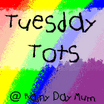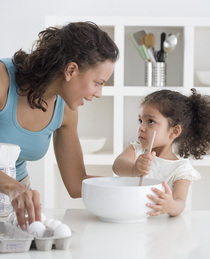
If you see my 20 month old twins, Sadie and Shea, with me, I'm always talking to them. Even my mother made a comment to one of her friends about it one day when we were with her at the grocery store. We talk about all kinds of things from what we see, what we hear, to what we're doing.
It's very important that you start talking as much as you can to your toddler, too. Why? Because it builds your child's speech and language skills. Your toddler pays attention to everything you say, so expose him or her to as much language as possible.
So, what should you talk about with your toddler? Use the communication technique called “self talk”. Talk about everything you see, describe everything you do, and use simple language and descriptive words. For example you can say, “Mommy is cooking dinner. I’m stirring the pot. The food is hot.” Your toddler will begin to hear familiar, routine words which will build his or her vocabulary if you make this a habit.
Use every opportunity throughout your day to talk to your toddler about anything and everything. Use the self-talk technique during playtime, errands, mealtime, or anytime during your toddler’s routines. The most important point to remember is that you are talking to your toddler regularly throughout the day. You are your child’s best teacher!
To learn even more easy and practical speech and language tips to help your toddler talk and communicate faster, be sure to check out my book on Amazon Kindle, Talking With Toddlers - 52 Tips to Boost Speech and Language Skills.

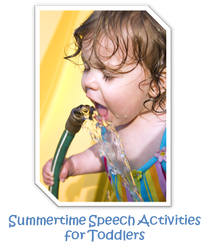
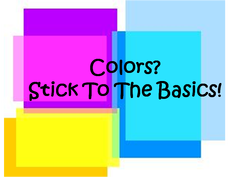
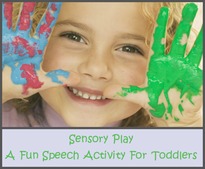
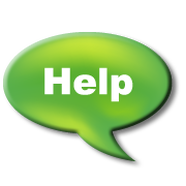
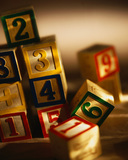
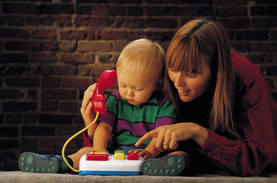
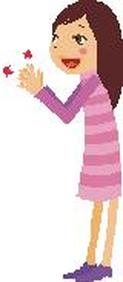
 RSS Feed
RSS Feed



